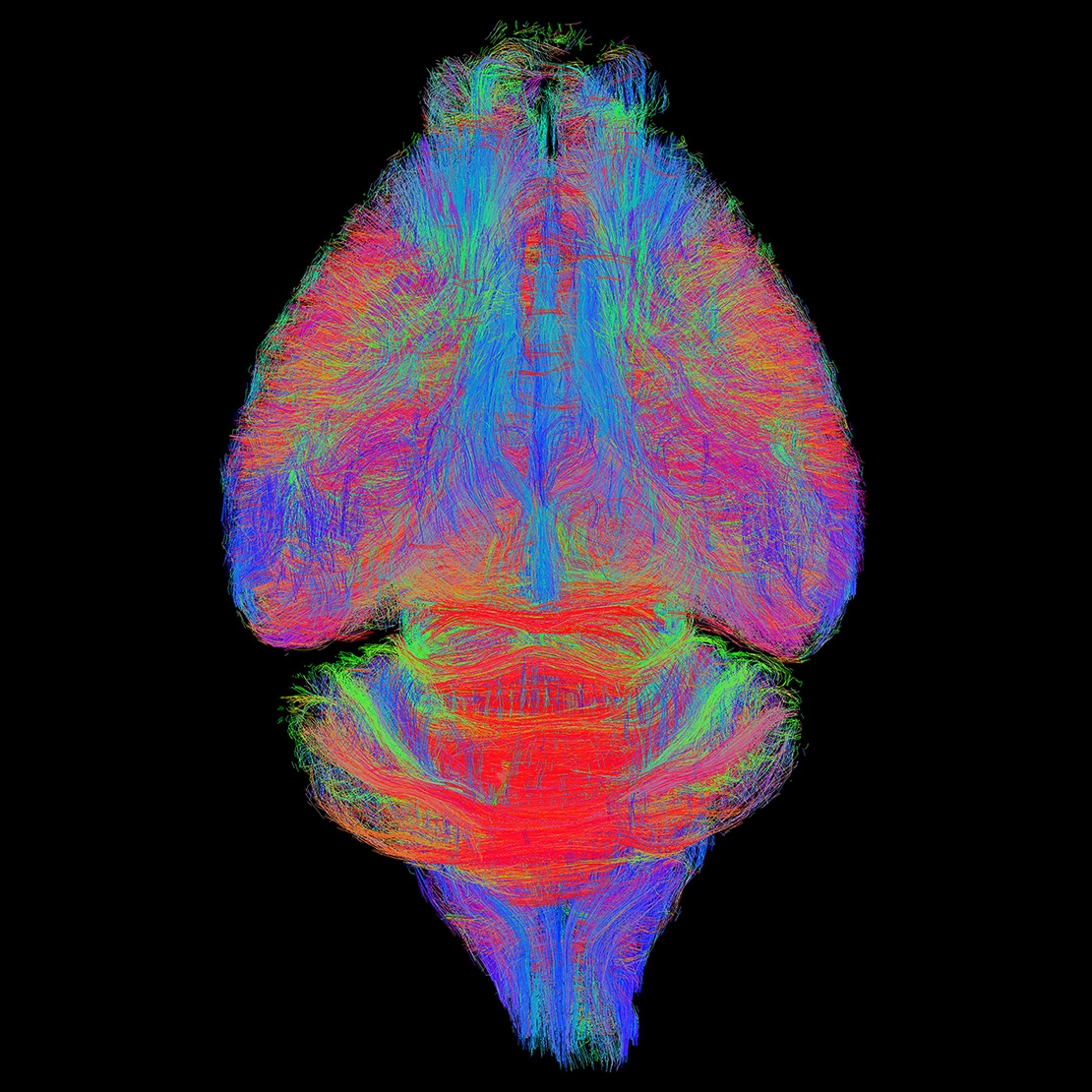You are here
Genetics, Epigenetics, and Environmental Factors in Neocortical Development
Speakers
Abstract
Extensive research into neurodevelopmental disorders highlights that genetics alone fail to account for many of these complex syndromes, leading to growing evidence that epigenetics and gene-environment interactions play critical roles in neuronal development and cognitive function. We are currently studying two epigenetic regulators that control distinct aspects of mammalian neocortical development. We have found that the transcriptional co-activator CITED2 regulates embryonic cortical progenitor development, and its loss-of-function leads to atypical behavior. MeCP2, on the other hand, is primarily required for later stages of neuronal development and function, and mutations in this epigenetic regulator cause Rett syndrome. We are investigating molecular and cellular mechanisms underpinning these neurological disruptions, and we have identified and are investigating how environmental factors, such as folic acid and vitamin D, tip the balance between typical and atypical neurodevelopment. The ultimate goal of this research is to understand how life-long environmental exposures intersect with fixed genetic susceptibilities to alter neuronal development and cognitive function.


